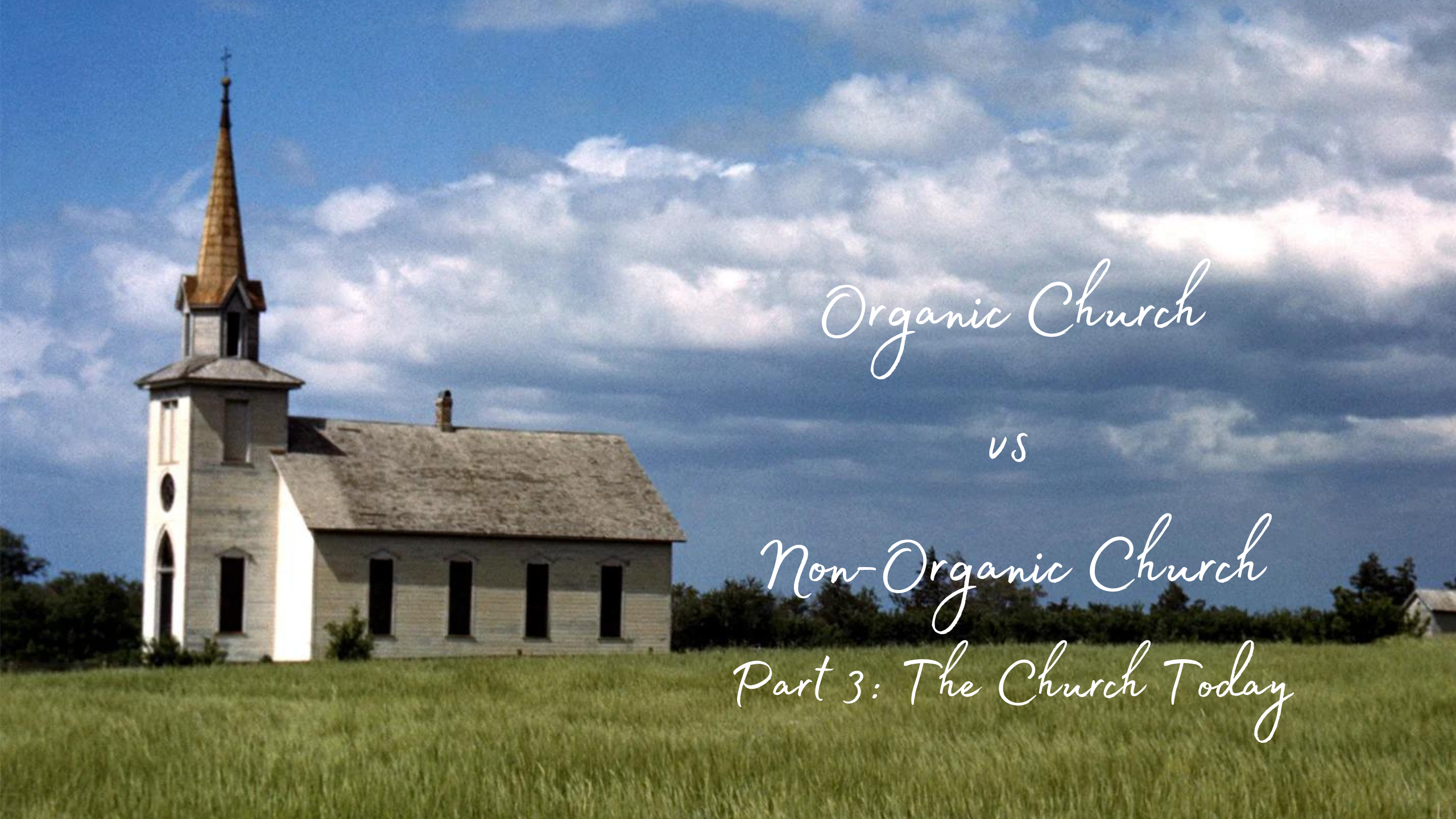This is the sixth episode of what I planned: a six-part series on Death, Resurrection, Hell, and Heaven. It took five episodes just to get through the subject of defining death. Now we’re at the second part of the series: Resurrection. If you learned about biblical death you never knew, I assure you you’ll learn things about Resurrection that will surprise you even more. I’ve entitled this first episode on Resurrection: Party On People: Let’s Keep Dancing and Have a Ball (Luke 12:13-19).
There’s a song from 1969 by American singer Peggy Lee entitled “Is that all there is?” She won a Grammy for this song. The song was taken from a 19th-century writer who wrote a couple of short stories about a house fire and a circus experience from a child’s perspective. The song was arranged for Peggy Lee by Randy Newman. The repeated reframe of the song is, “Is that all there is? If that’s all there is, my friends, then let’s keep dancing, let’s break out the booze and have a ball.” At the song’s end, she says, “So people will ask me if you think that, why don’t you just end it? But she tells them, “I’m not ready to face my last disappointment. But, when I’m breathing my last, I’ll be thinking (say to myself), is that all there is? If that’s all there is, my friends, let’s keep dancing, break out the booze and have a ball.
The Greek philosopher Epicurus lived 350 years before Jesus. Epicurist lived a simple life, focused on pleasure, friendships, and avoiding needless pain. They believed in a spiritual world, but the spirits or gods didn’t care about humans. Death is the end of life; no afterlife, so don’t be anxious or fear death. Their motto for life was: Eat, drink, and be merry, for tomorrow we disappear. A common gravestone epitaph in the ancient world was; I was not; I was; I am not; I do not care.
Those around them influenced Israel with this attitude toward life and death. They were supposed to reflect God in a godless world, but instead, they became like the idolaters and the godless themselves (Isaiah 22:13).
Then we fast forward 600 years to the time of Christ, and the Jews and everyone else are mostly living this Hellenist and Roman way of life. They either didn’t believe in an afterlife; if they did, it was an ethereal existence without physical concerns.
It might be a surprise to you, but the Jews didn’t think much about an afterlife. Death was the grave. What happened after death, if anything, was above their pay grade. There is very little in the Old Testament about an afterlife. Most Jews at the time of Christ were like the Sadducees. Those who did believe in an afterlife were looking toward a single “Day” when a resurrection would happen. They were like Martha in John 11:23-24.
Jesus was with Martha because of the death of Lazarus. The resurrection she spoke of on the last day was the “Day of Judgment” from Daniel 12. This is when the wicked and the righteous Jews would be risen by the Messiah and judged. Some to glory and others to condemnation.
So the Jews that did believe in an afterlife thought when the Messiah came “at the last day,” he would raise the dead and judge the wicked and the righteous. The Messiah would resurrect the dead, not be resurrected from the dead himself. The Jews and the disciples had no concept of Jesus, the Messiah, dying, much less being resurrected from the dead. The death and resurrection of the Messiah was a complete upending of their understanding of God’s plan for Israel.
As we talk more in the coming episodes, we need to be prepared that what we think we know about the resurrection, the afterlife, and heaven may be completely different than God’s reality for these things. If you were to ask 10 people what they thought of the resurrection and the afterlife, you’d get 15 different answers. Even if you asked 10 Christians, you’d get at least 9 different answers. We need to understand the resurrection and the afterlife. Why is it important? Paul tells us in 1 Corinthians 15:12-22. Why would some in the Corinthian Church deny the resurrection of the dead?
Heavy Greek/Hellenist influence of Greek philosophy, which focused on an ethereal afterlife, would imply Paul believes in a type of bodily afterlife.
Some would be focused on the Spiritual aspects of the Christian faith rather than the physical reality of the resurrection.
Some believers may be interpreting the resurrection as purely metaphorical.
1 Corinthians 15 is the resurrection chapter. In this first episode about the resurrection, I wanted you to see that something as foundational to Christianity as the resurrection is filled with many misunderstandings. As Paul just said, if Jesus hadn’t been raised from the dead, this would all have been a waste of time. Further, in 1 Corinthians 15 and verse 32, Paul quotes the Isaiah passage we read earlier: “If the dead are not raised, let us eat and drink, for tomorrow we die. I’ll show you in the coming episodes that the dead are raised and what and where the afterlife will be spent. Tomorrow, we may die, but we won’t stay that way.


